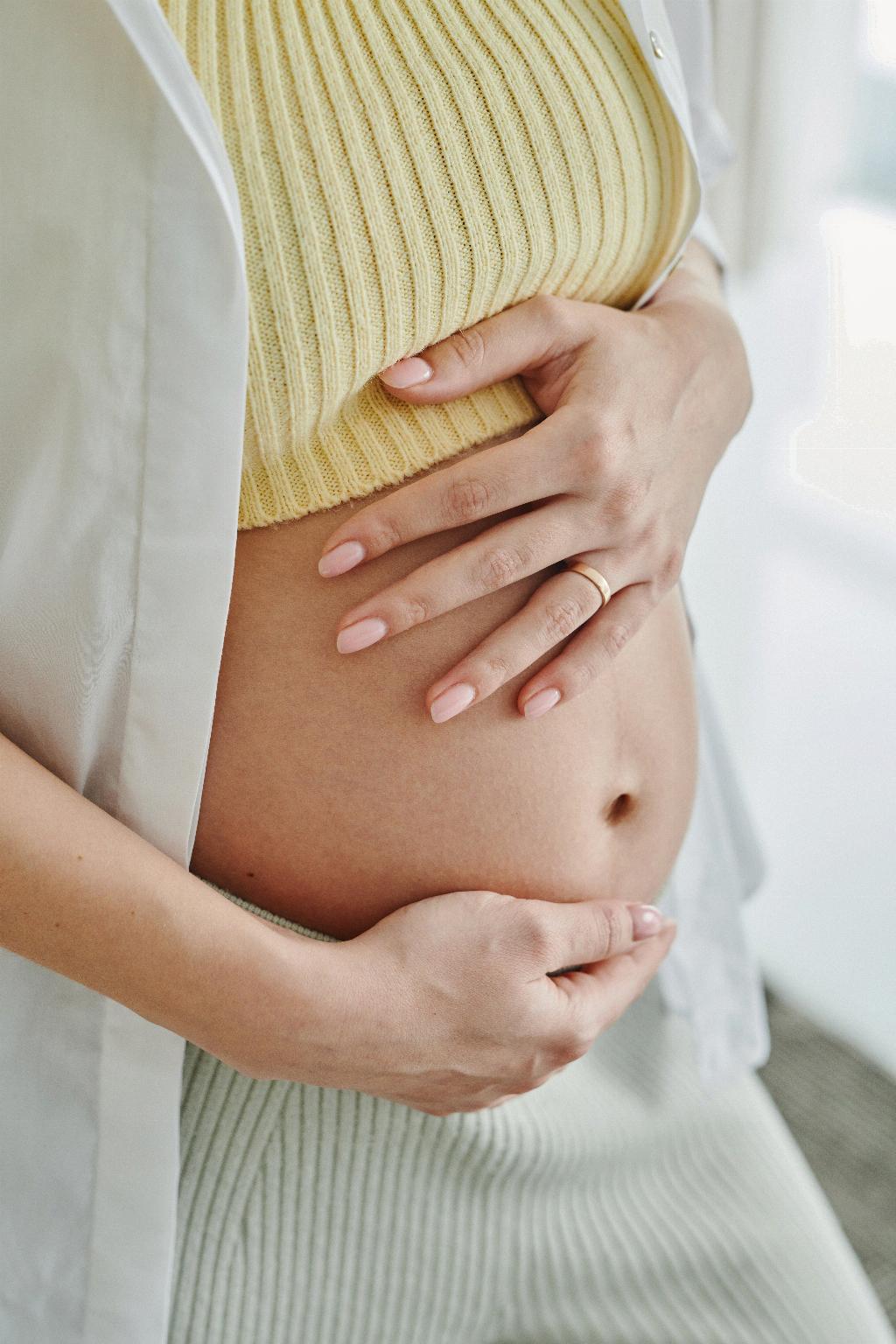When it comes to calculating pregnancy weeks and months, things can get a bit confusing. While most people are familiar with the standard notion of a 9-month pregnancy, pregnancy is actually measured in weeks, not months. To add to the complexity, not all months have exactly 4 weeks, which can make pinpointing the start of each month a bit tricky.
Five Months Pregnant: The Facts
At the point of being five months pregnant, you are most likely in your second trimester. Week 17 marks the beginning of the fifth month of pregnancy and week 20 falls at the end. In terms of fetal development, this means that the fetus is around 14 weeks old at the start of the month and 18 weeks old by the end.
Fetal Growth Milestones
By the time you reach the fifth month of pregnancy, your little one is growing rapidly. At this stage, the fetus measures anywhere between 25 to 27 cm long and weighs approximately 250 to 300 grams. With the major organs and body systems in place, the fetus is now focused on further development and growth.
Physical Changes in the Mother
For the mother, the fifth month of pregnancy can bring about various physical changes. You may start noticing a baby bump becoming more prominent, experience mood swings due to hormonal changes, and feel the baby’s movements more strongly as they become more active in the womb.
Nutrition and Prenatal Care
During this stage of pregnancy, it’s essential to focus on maintaining a healthy diet rich in nutrients and staying hydrated. Prenatal appointments become more frequent as your healthcare provider monitors both the baby’s growth and your overall health to ensure a smooth pregnancy journey.
Emotional Rollercoaster
As your body continues to undergo changes and your due date approaches, it’s perfectly normal to experience a range of emotions. From excitement and anticipation to moments of doubt and anxiety, navigating the emotional aspects of pregnancy is all part of the journey to becoming a parent.
Physical Symptoms
Some common physical symptoms experienced during the fifth month of pregnancy include back pain, leg cramps, and increased vaginal discharge. These discomforts are typical as your body adapts to the growing fetus and prepares for childbirth.
Ultrasound and Gender Reveal
Many expectant parents look forward to the mid-pregnancy ultrasound around the fifth month mark. This scan not only allows you to see your baby’s development but may also reveal the gender if you choose to know. It’s a significant milestone for many families.
Preparing for Parenthood
As you progress through the fifth month of pregnancy, it’s a good time to start thinking about practical preparations for the arrival of your little one. This could involve setting up the nursery, purchasing baby essentials, and discussing birth plans with your healthcare provider.
Support System
Having a strong support system in place is crucial during pregnancy, particularly as you navigate the challenges and joys of the fifth month. Whether it’s a partner, family members, friends, or a prenatal support group, having people you can lean on can make a significant difference.
Enjoying the Journey
While pregnancy certainly comes with its ups and downs, it’s essential to take time to cherish this unique experience. From feeling those first kicks to imagining the life that awaits with your little one, embracing the journey of pregnancy can help create lasting memories.
Consulting Your Healthcare Provider
Ultimately, every pregnancy is different, and it’s essential to consult your healthcare provider with any concerns or questions you may have. They can provide personalized guidance and support to ensure you have a healthy and successful pregnancy journey.

